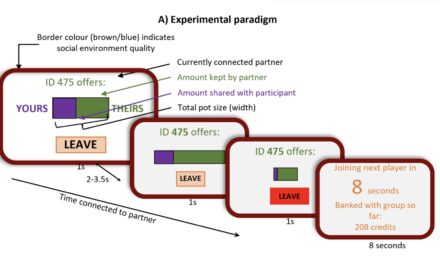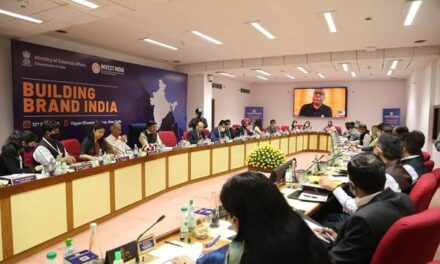As Cathy Eng, an oncologist at Vanderbilt University Medical Center, reflects on her career, one patient remains etched in her memory—a 16-year-old girl from China battling a gastrointestinal cancer typically seen in much older adults. Her story, tragically common in recent years, underscores a concerning trend: rising rates of early-onset cancers among young people worldwide.
Eng’s patient, who traveled to Texas for treatment funded by her parents’ sacrifices, is just one of many young adults confronting cancers that defy their age. George Barreto, a surgeon now based in Australia, shares Eng’s concern, having witnessed a surge in improbable cancer cases among friends and family in Mumbai, India. Determined to uncover the underlying causes, Barreto embarked on a quest that mirrored Eng’s: to unravel the mysteries behind this alarming trend.
Their efforts, supported by rigorous data collection and analysis, have revealed a disturbing reality: the incidence of over a dozen cancers among adults under 50 is on the rise globally. Despite advances in cancer prevention and treatment, early-onset cancers—once a rarity—are now becoming more prevalent, prompting calls for urgent action.
One of the most striking increases is observed in gastrointestinal cancers, such as colorectal, pancreatic, and stomach cancers. Colorectal cancer, in particular, has emerged as a leading cause of cancer-related deaths among young adults, a demographic traditionally considered low-risk for such malignancies.
The reasons behind this surge are complex and multifaceted. While factors like rising obesity rates and changes in dietary habits are implicated, they fail to fully account for the upward trajectory of early-onset cancers. Researchers are now exploring other potential contributors, including disruptions in the gut microbiome and genetic predispositions.
Efforts to combat this trend have intensified, with advocacy groups pushing for earlier screening and heightened awareness. High-profile cases, like the tragic death of actor Chadwick Boseman from colon cancer at 43, have catalyzed public attention and prompted revisions in screening guidelines.
However, challenges persist, particularly in underserved communities where access to screening and healthcare is limited. In regions like Alaska and South Africa, logistical hurdles compound existing disparities, making early detection and treatment even more challenging.
Unraveling the complex web of factors driving early-onset cancers requires a concerted, global effort. Researchers are harnessing the power of international collaborations and longitudinal studies to dissect the underlying mechanisms and identify potential interventions.
Looking ahead, the quest for answers continues, driven by a shared commitment to unraveling the mysteries of early-onset cancers and safeguarding the health of future generations. As Barreto aptly notes, failure to act now would constitute negligence—a sobering reminder of the urgent need for collective action in the face of this growing public health challenge.












